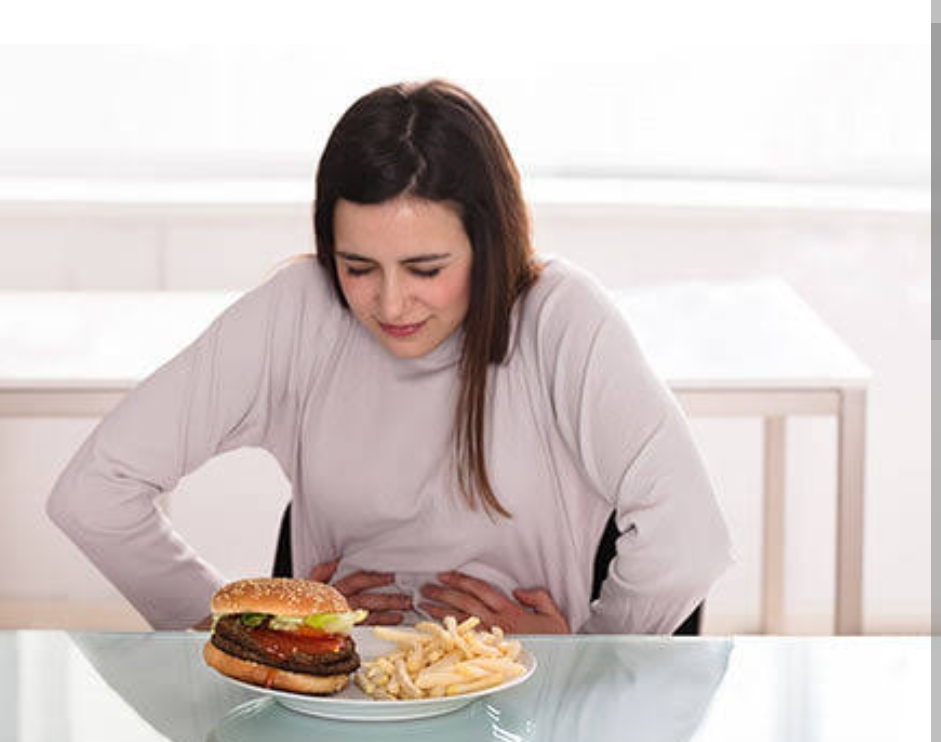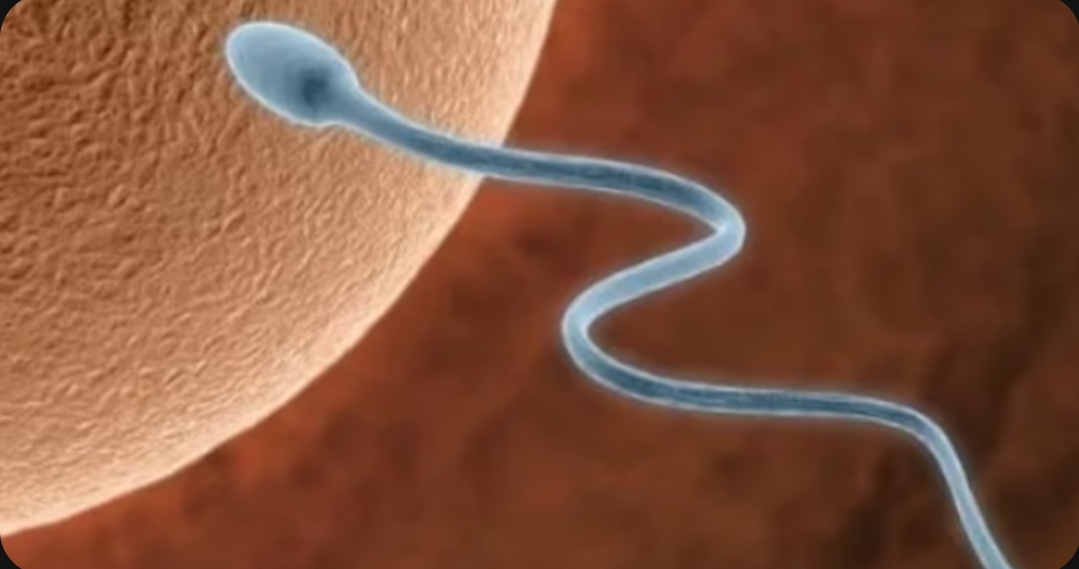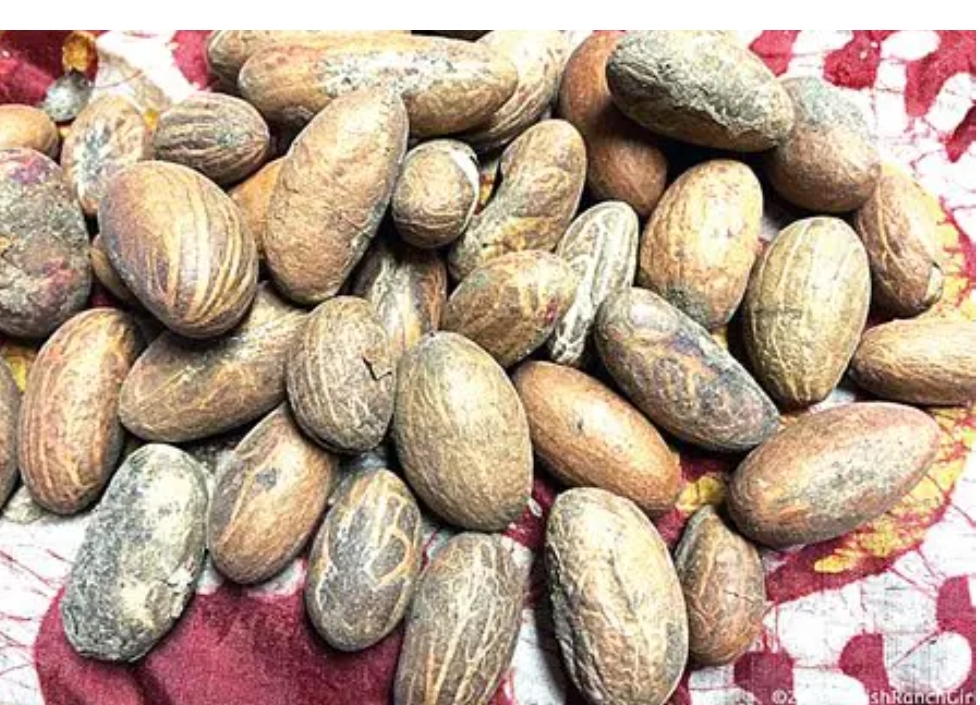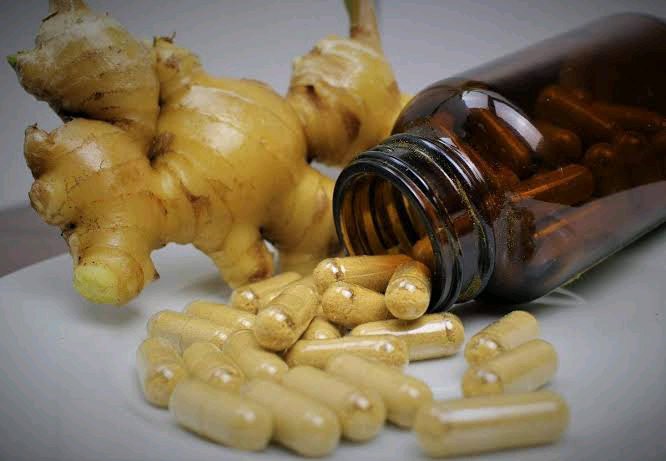Today, there will be many events and exchange of gifts in celebration of Valentine Day. As a result, many people will eat things they did not prepare or buy themselves; consequently, food poisoning can happen, especially if one of the things consumed is contaminated or isn’t cooked properly.
Eating food contents that are contaminated with viruses, bacteria, or toxins can lead to food poisoning. Some cases resolve without medication, but some can lead to complications without proper treatment or intervention.
Food illness is a condition involving the inflammation of the lining of the gut, particularly in the stomach and intestines. It usually results from viruses, bacteria, parasites or toxins that infect a person and cause symptoms. Other causes may come from poor handling, improper cooking or poor storage of food items.
Whether you experience illness after eating contaminated foods, the body’s reaction usually depends on the organism, the amount of exposure, age range, and overall health.
Dizziness and lightheadedness are also symptoms of dehydration.
Avoid anti-diarrheal medications. They may slow your body’s removal of organisms or toxins from your system. If in doubt, check with your doctor about your particular situation.
Foodborne illness often improves on its own within a few days but if the symptoms worsen and the vomiting and diarrhea persist, seek medical help especially when diarrhea turns bloody, black or tarry, fever is 101 F (38.3 C) or higher, lightheadedness or fainting occurs with standing, confusion develops or there is worrisome abdominal pain.



